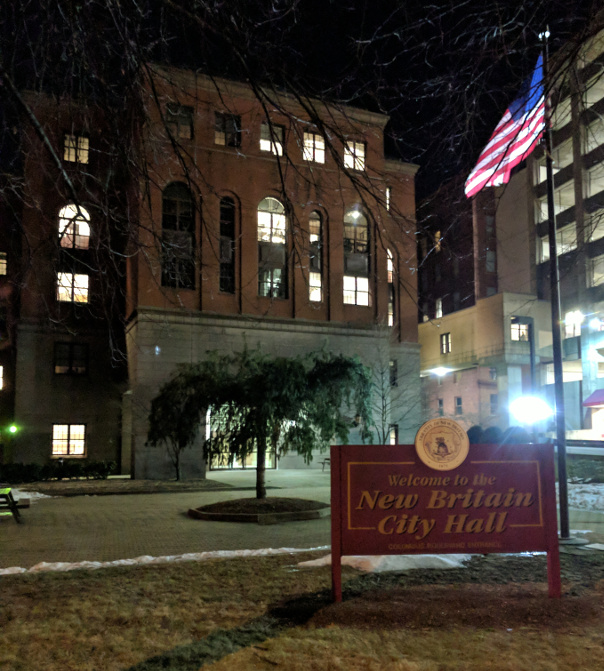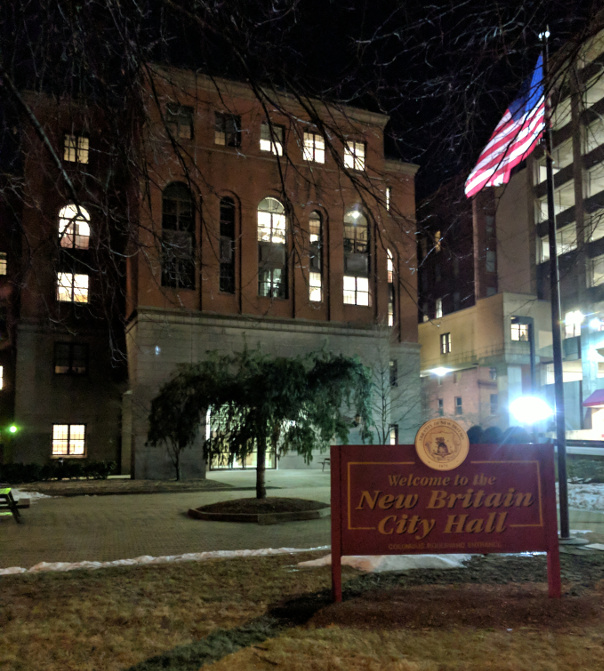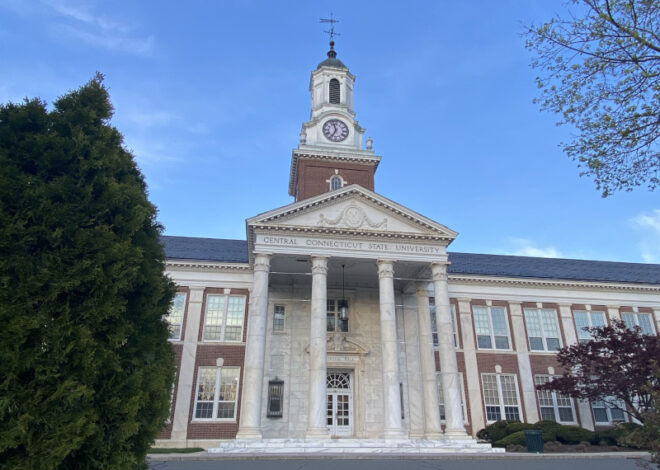The City Council has approved Republican Mayor Erin Stewart’s budget plan for the upcoming budget year, with ten Council members voting in favor and five opposing.

The vote was at a special meeting on May 29, 2019.
Five of the nine Council Democrats voted in opposition to the budget plan. But Council Democrats saying that they were voting in favor of the plan expressed frustration with the budget and a sense of resignation that any alternative they offered could not be approved over a Stewart veto.
Whether the Council approved or disapproved was largely seen as irrelevant, since Stewart’s budget plan would have taken effect with or without Council approval.
While the Council is technically able to approve a budget different than the mayor’s plan, the mayor can veto it. Unless the Council can overturn the mayor’s veto by the deadline in the City Charter, the mayor’s budget takes effect without the Council’s approval.
Since “overriding” a veto takes the support of ten of the fifteen Council members, and there are nine Democrats and six Republicans, Stewart and the Council Republicans can block the Democrats from approving their own budget plan if Stewart disagrees with it.
That is effectively what happened last year, a fact cited by Council Democrats at the meeting.
Stewart’s budget plan appears to rely heavily on one-time revenue. Her budget would transfer $2 million from the city’s fund balance and another $2.9 from other funds, use $3.5 million from ban/bond premiums and count on $2.5 million in sale of property.
Stewart’s budget plan for the upcoming year would apparently transfer a state education grant of perhaps $3.1 million to the school system. While that would appear to represent her own largest single year increase for city schools, her previous years of flat-funding would appear to leave her support for local schools with less than a one percent per year increase over the six years of her administration.
Stewart has come under heavy criticism for repeatedly freezing the amount of money that the city allocates locally to its schools, despite millions of dollars in increases in funding for City Hall departments.
New Britain has low academic test scores and low local funding for its schools. Statewide data apparently shows a general correlation between how much a city or town provides in local funding for their schools and the test scores of the students in their schools.
Stewart’s budget would keep the city property tax mill rate at 50.50 for the upcoming budget year, which would apparently leave current year property taxes $26 million higher under the six years of Stewart’s administration.
The taxing and spending plan takes effect for the budget year that begins July 1, 2019 and continues to June 30, 2020. The budget also sets the mill rate for property tax tax bills due in July of this year and January of 2020.




